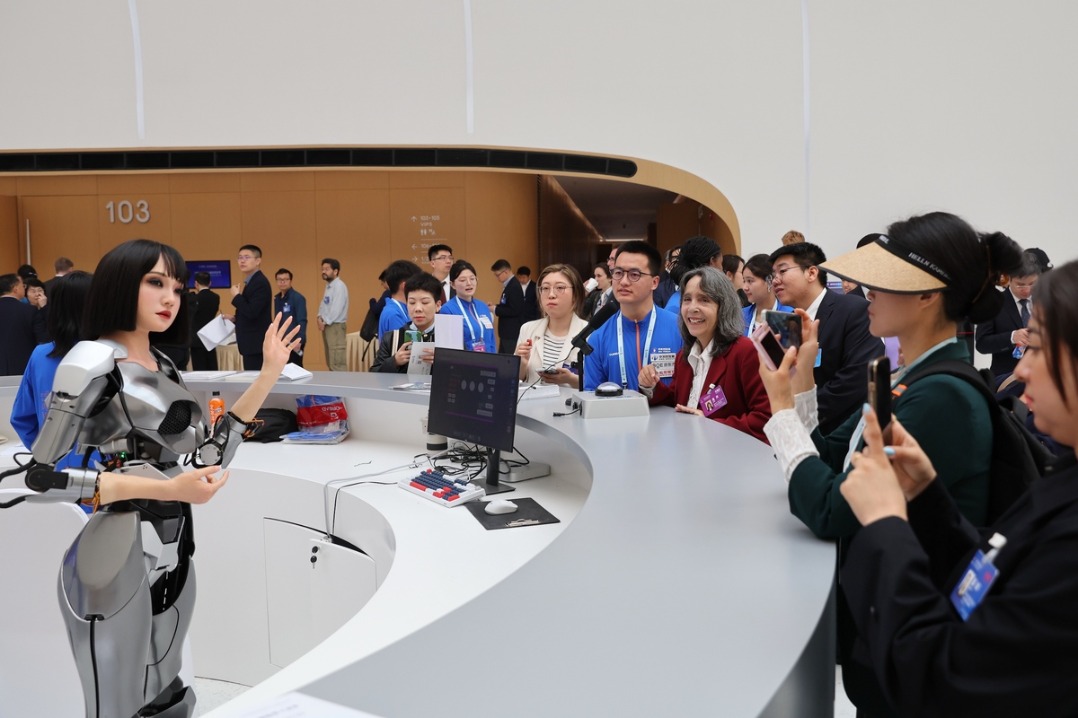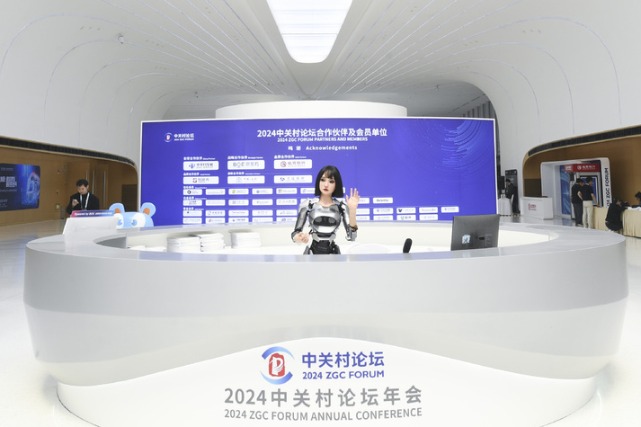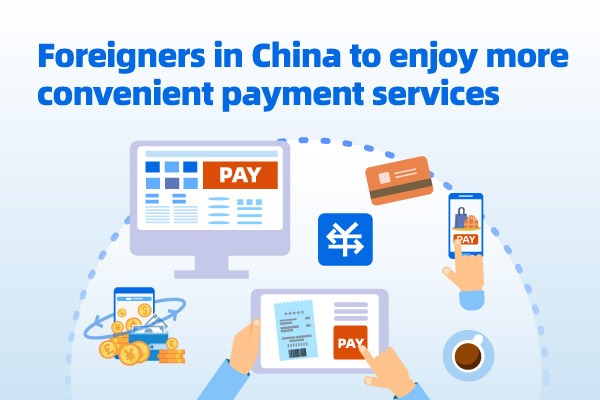IPEF-geopolitical game in guise of biz move


The United States announced the launch of the "Indo-Pacific Economic Framework" on May 23 after a series of concepts such as the "return-to-Asia", Trans-Pacific Partnership Agreement and "Indo-Pacific" strategies failed to make substantial progress.
Although Washington has reiterated in its talks with relevant countries that the "Indo-Pacific Economic Framework" will downplay geopolitical factors and emphasize the central role of economics, the explanation fails to conceal its pursuit of "effectively countering China's growing influence".
The exclusiveness, strategic role and vague economic prospects of the IPEF will eventually exert multiple negative effects on political and economic order in the Asia-Pacific region.
On the surface, the IPEF appears to be an economic initiative, yet it actually contains obvious strategic intentions.
As the gravity of the global economy shifts to Asia, the geopolitical and geoeconomic importance of the Asia-Pacific region continues to rise. The US believes that, as the TPP failed, its "Indo-Pacific "strategy that aims at strengthening its regional dominance still has weaknesses in terms of economics and trade. Therefore, the Joe Biden administration wants to reshape the economic arrangement in the Asia-Pacific to implement the "America First" principle, and therefore meet its strategic need to increase regional influence, as well as to provide Asia-Pacific countries with "alternatives" to cooperation with China.
However, success and prosperity in the Asia-Pacific region derive from win-win cooperation, not geopolitical conflict or zero-sum strategies. Any regional cooperation framework should promote open cooperation, mutual benefit and win-win results within and beyond the region, and should not politicize or ideologically interpret economic and trade issues.
The US-led IPEF uses economic means and strategic pressure to coerce relevant Asia-Pacific countries to choose sides between China and the US. It attempts to divide the Asia-Pacific community, expand the North Atlantic Treaty Organization's influence in the region and create cold war conditions in the Asia-Pacific. Such intentions have been weakening the foundation of peace and development for the region and the world at large.
In addition, the IPEF's failure to prioritize objective economic principles will not benefit regional and global economic recovery. The US has been resorting to the strategy of "decoupling" at every turn to disrupt technological cooperation and intentionally break industrial chains, which has continuously exacerbated the supply chain crisis and destroyed the cluster effect of scientific and technological innovation. As the US has been using such schemes in Asia-Pacific region, it will only create greater obstacles to the economic recovery of the region as well as the world.
Although the IPEF has put forward a series of economic initiatives such as enhancing the resilience and security of supply chains, its aim is not to unleash global economic growth. Instead, it will only create more disruptions to the already quite fragile regional and world economy.
The purpose of the IPEF is nothing more than restructuring the supply chains of countries in the region to exclude China, through means such as export controls over high-tech products, and then promoting "decoupling" from China.
No regional cooperation framework should violate the primary principle of economic globalization or create a new cold war in the realms of economics and trade of the Asia-Pacific region. Instead, arrangements should act in accordance with the rules of free trade.
The Asia-Pacific region is expected to lead the post-COVID-19 global economic recovery. No country should purposefully hinder the integration of the region's economy, which, acting against the general trend of economic globalization, will undermine the role of the Asia-Pacific as a driver of healthy development of the global economy.
Also, focusing on creating "small groups", the IPEF's economic terms are empty and innately inadequate.
Different from previous economic and trade agreements, the IPEF is more concerned with whether more Asia-Pacific countries can be drawn into the small group that excludes China, rather than reducing tariffs and regulations to open the US market even more to various countries.
The US has changed the style of "high standards and strict requirements" to repeatedly lower entry standards for the framework, and has revised relevant provisions due to the requirements of the parties involved. Countries only need to join discussions on one of the "four pillars" of the IPEF to become initial members of the framework. The four pillars cover topics of "trade", "supply chains", "clean energy, decarbonization and infrastructure", and "tax and anti-corruption".
Such a loose partnership with standards jointly set by member countries is relatively easy to achieve, because it needs no approval from the US Congress. The US government is eager to form this exclusive "small circle" in the Asia-Pacific region, not caring whether the economic framework can produce actual economic effects.
Whatever regional cooperation framework emerges, it should not use empty gimmicks to create "small circles" or an atmosphere of isolation in the Asia-Pacific region. It should take concrete actions to strengthen the development and prosperity of the regional economy in an objective and neutral manner.
Although the US has repeatedly reiterated that the economic framework is still in a draft and revision stage, much international public opinion has pointed out that multiple compromises have made the economic framework "empty" and its economic objectives not clear. The only thing that's been established is its strong political aim.
In addition, the IPEF focuses on helping the US obtain strategic resources, and its ability and willingness to provide regional public good are limited.
The White House statement prominently emphasized "the United States is an Indo-Pacific economic power, and expanding US economic leadership in the region is good for American workers and businesses", and "ensures American workers, small businesses, and ranchers can compete in the Indo-Pacific".
In sharp contrast, the statement did not explicitly mention how much tariff cuts, market access expansion or poverty alleviation the "Indo-Pacific" region can enjoy under this new framework. The IPEF follows the principle of "America First" and does not care about the improvement of the overall welfare of the Asia-Pacific region.
It centers on shaping exclusive rules, which inevitably means that this framework does not prioritize efficiency and fairness. Making the region's economic cake bigger and firmer is not its intention. Because IPEF targeted members may include most Regional Comprehensive Economic Partnership members, it will largely undermine previous efforts by countries in the region to pursue and accelerate economic integration.
No regional cooperation framework should disrupt the current regional cooperation paradigm and reverse the regional integration only for the interests of a certain country.
Rules of the Asia-Pacific region must be discussed, jointly made and shared by all countries in the region with full respect to the laws of the market economy, rather than being based on the political will of a certain country to disrupt the stable operation of normal economic and trade order in the region and even hurt the future development potential of the region's economy.
The writer is head of the Division of Global Governance at the Chinese Academy of Social Sciences' Institute of World Economics and Politics.
The views don't necessarily reflect those of China Daily.
- Reality Check: Falsehoods in US perceptions of China
- Indo-Pacific economic framework cynical manipulative tool of US: China Daily editorial
- Genuine benefits of cooperation mean China a reliable partner: China Daily editorial
- India wrong to join US bid to contain China: China Daily editorial
- Call for strengthening soft connectivity highlights non-exclusive development vision: China Daily editorial




































